Elderly people aged 65 can generally undergo double eyelid surgery, but the surgical risks need to be evaluated based on individual health conditions. The feasibility of double eyelid surgery mainly depends on factors such as the degree of skin laxity in the eyes, control of underlying diseases, coagulation function, anesthesia tolerance, and postoperative nursing conditions. There is no absolute age limit for double eyelid surgery, the key is the overall health status of the elderly. If the elderly have no serious cardiovascular and cerebrovascular diseases, diabetes, hypertension and other basic diseases, and the coagulation function is normal, they can usually tolerate surgery. For those with obvious sagging of the eye skin, surgery can simultaneously remove excess skin to improve sagging, but attention should be paid to the longer postoperative recovery period. Preoperative electrocardiogram, blood glucose, blood pressure and other examinations need to be completed, and the anesthesia method should be evaluated by professional doctors. Local anesthesia is relatively safer.
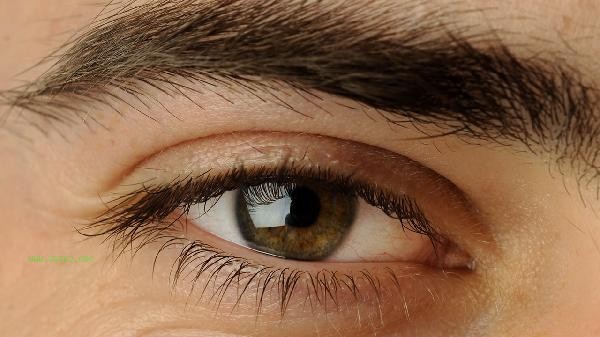
In rare cases, caution should be exercised when choosing surgery. If there are uncontrolled chronic diseases, scar constitution, glaucoma, or severe dry eye syndrome, it may increase the risk of surgery. The elderly taking anticoagulant drugs need to adjust the medication plan in advance. Postoperative reactions such as swelling and bruising may occur. During the recovery period, it is necessary to avoid rubbing the eyes and vigorous exercise, and follow medical advice to use antibiotic eye drops to prevent infection. Older patients have weaker skin repair abilities and require stricter postoperative care.
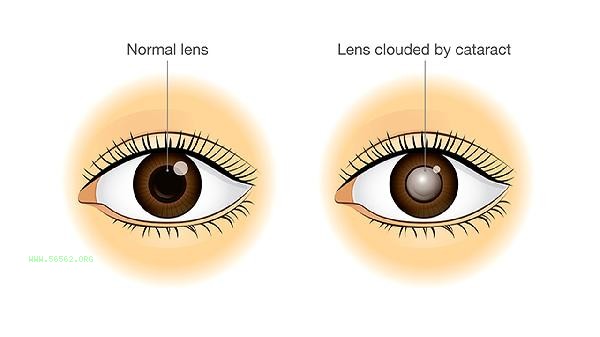
It is recommended that elderly people over 65 years old undergo comprehensive evaluation of surgical feasibility under the guidance of professional plastic surgeons, combined with physical examination reports. Keeping the wound clean and dry after surgery, avoiding spicy and stimulating foods, and ensuring sufficient sleep can help with recovery. If there is persistent redness, increased pain, or changes in vision, it is necessary to promptly follow up and check for complications.
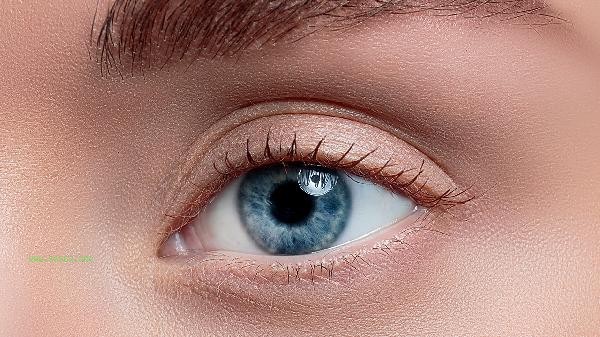

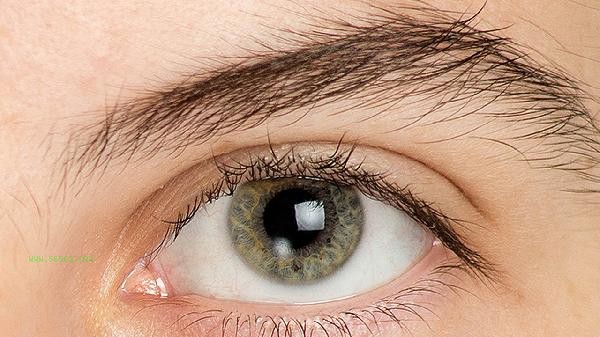
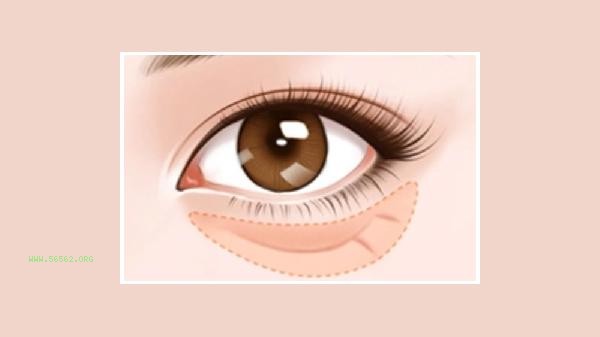
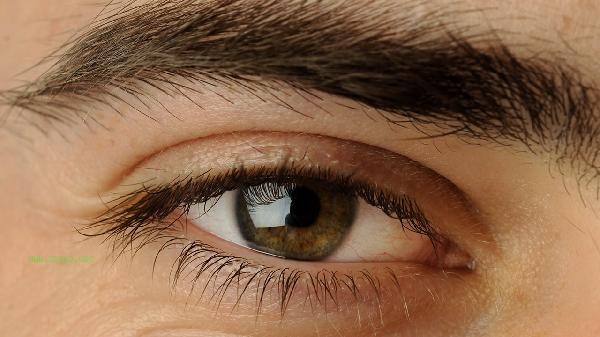




Comments (0)
Leave a Comment
No comments yet
Be the first to share your thoughts!